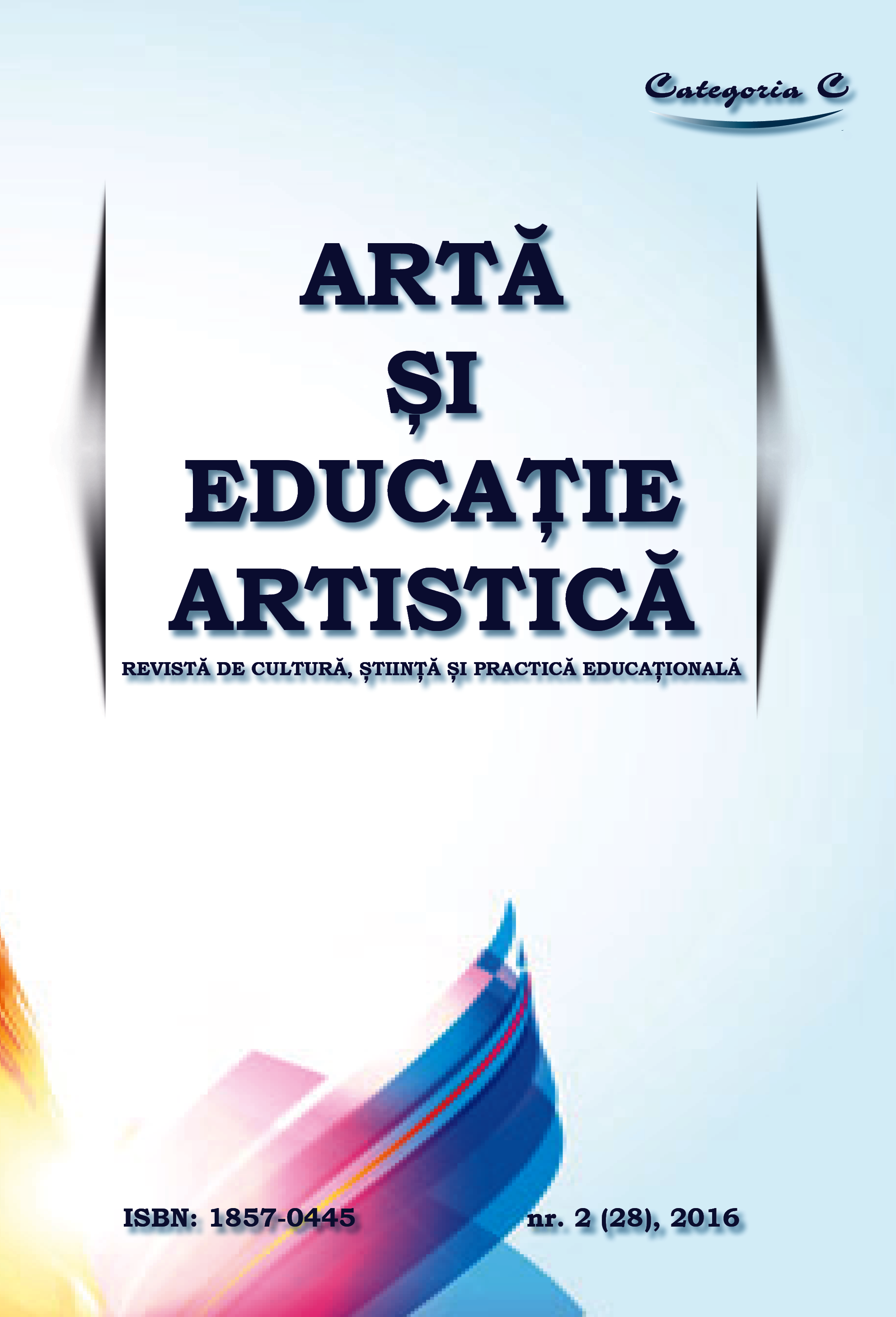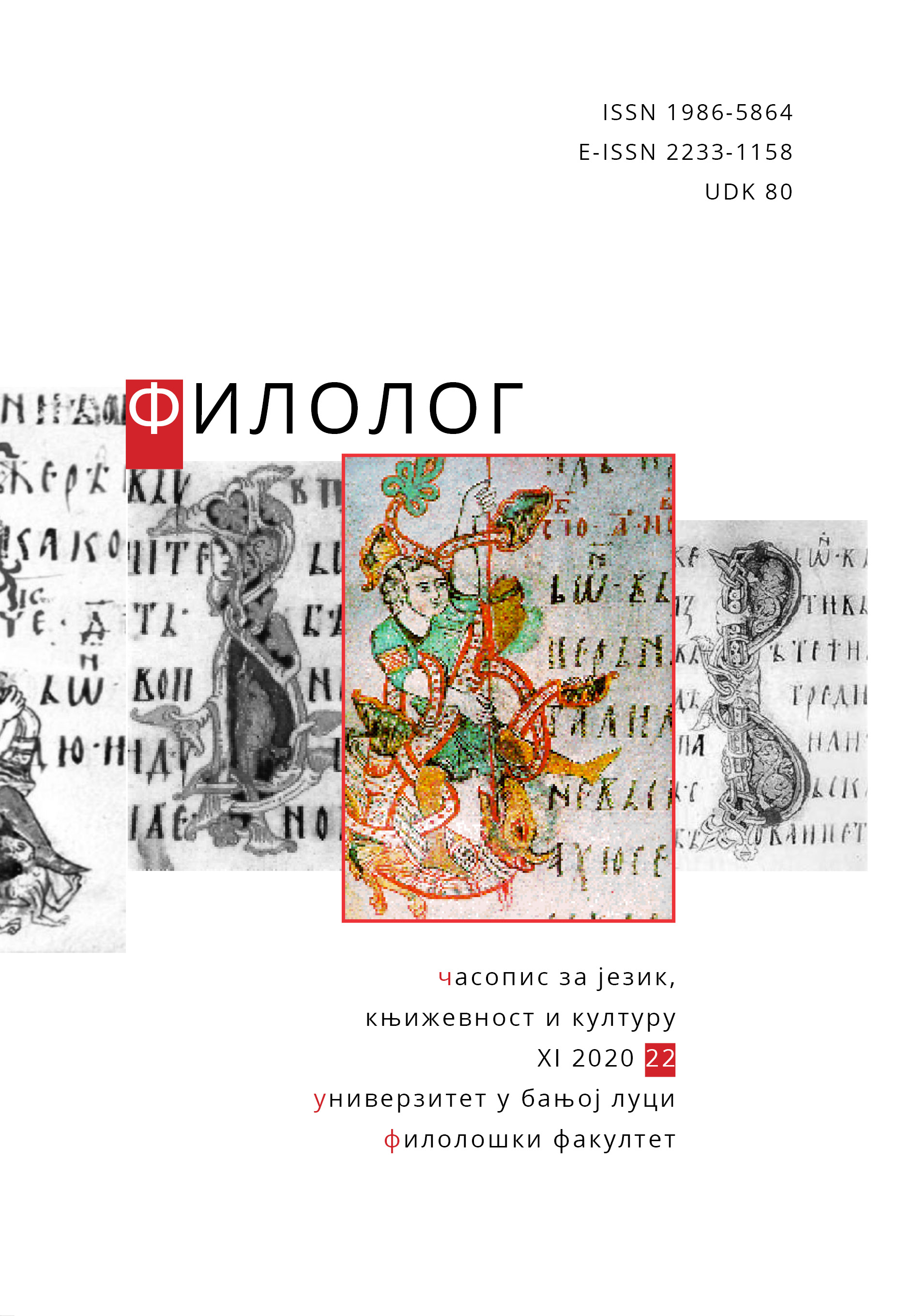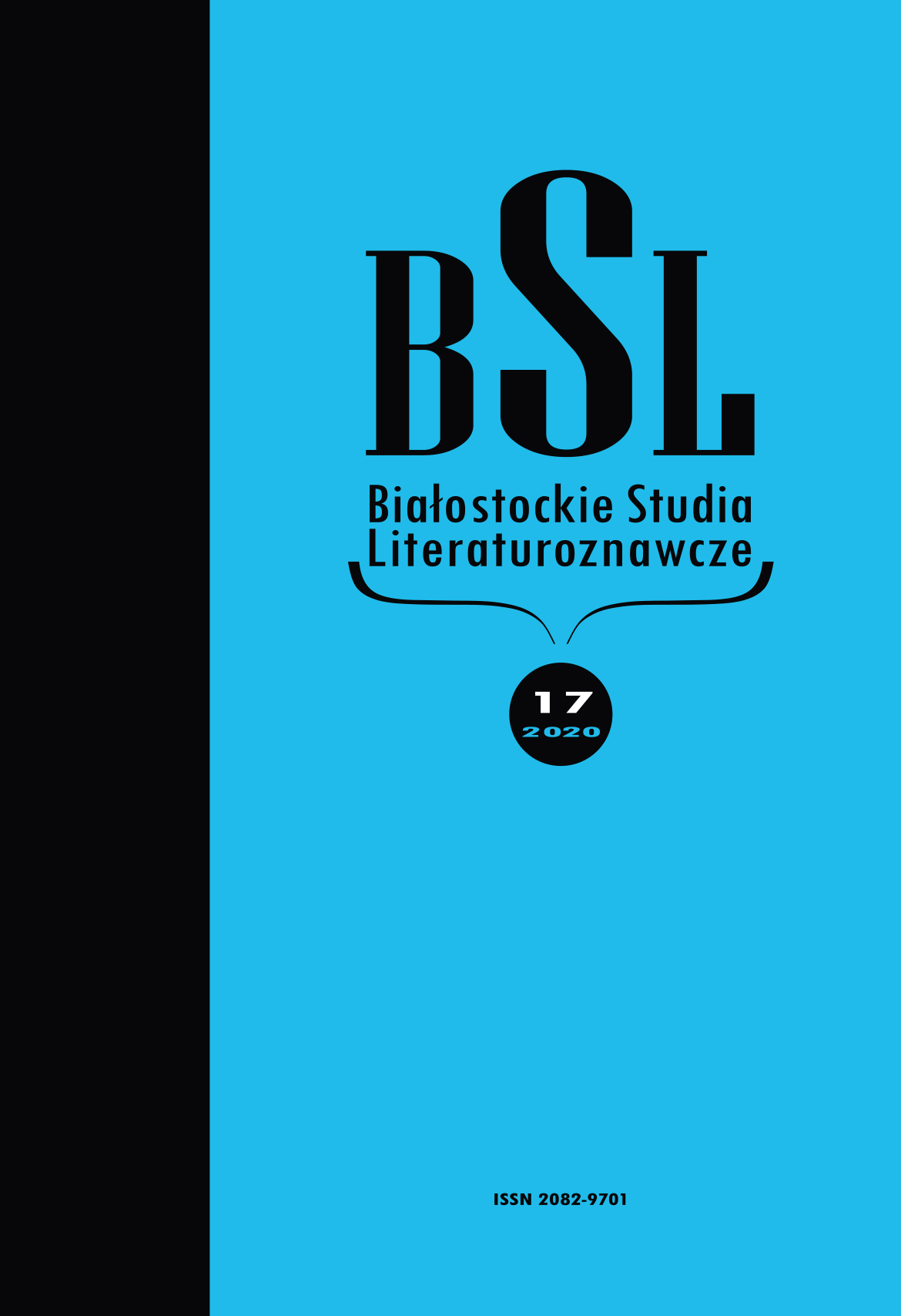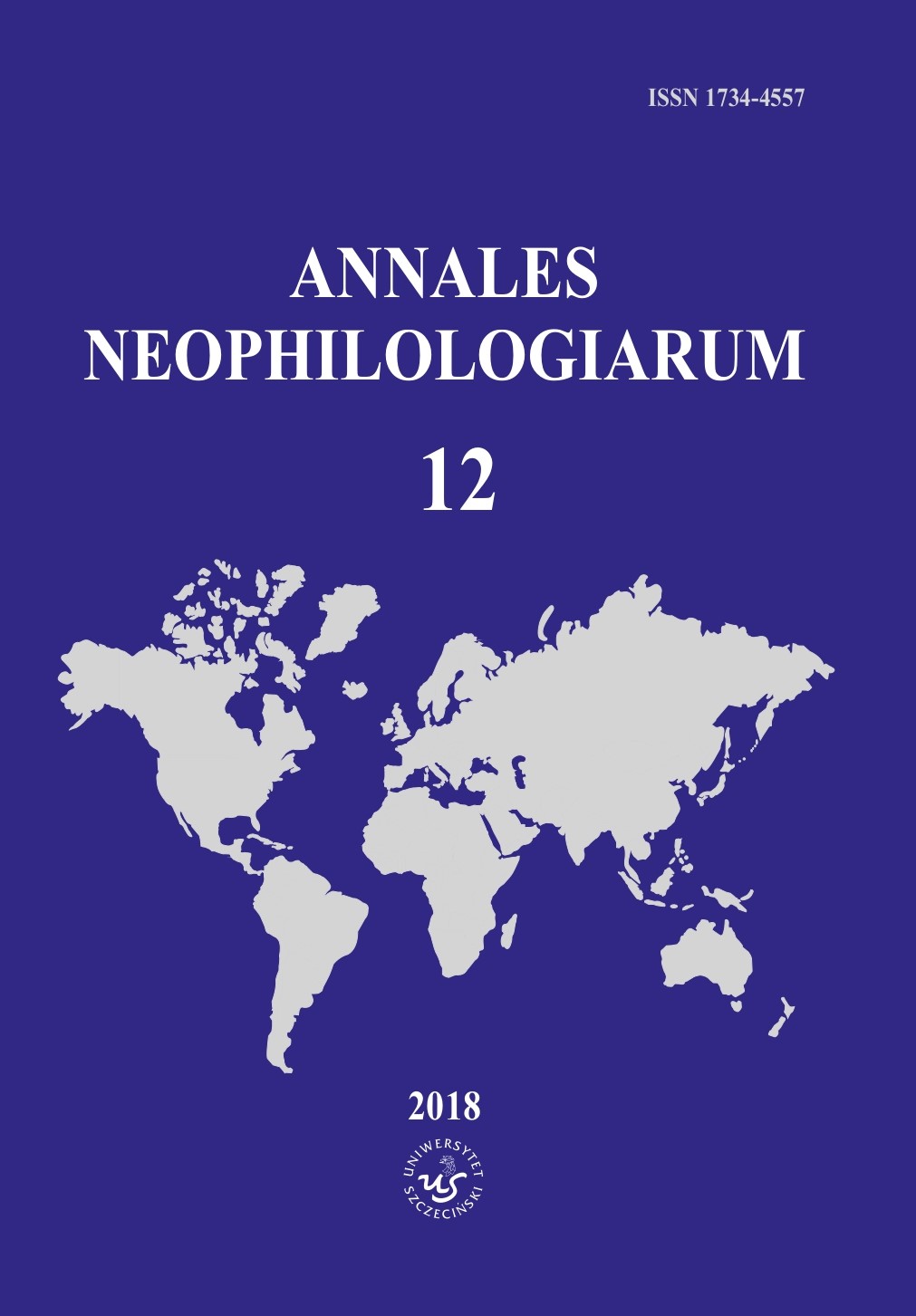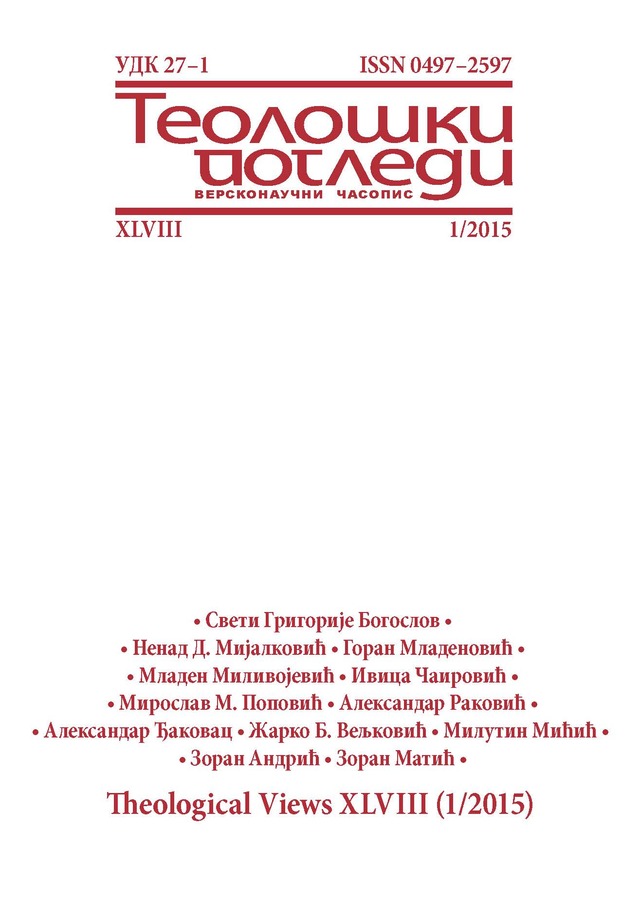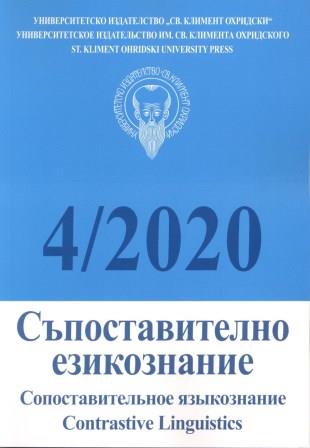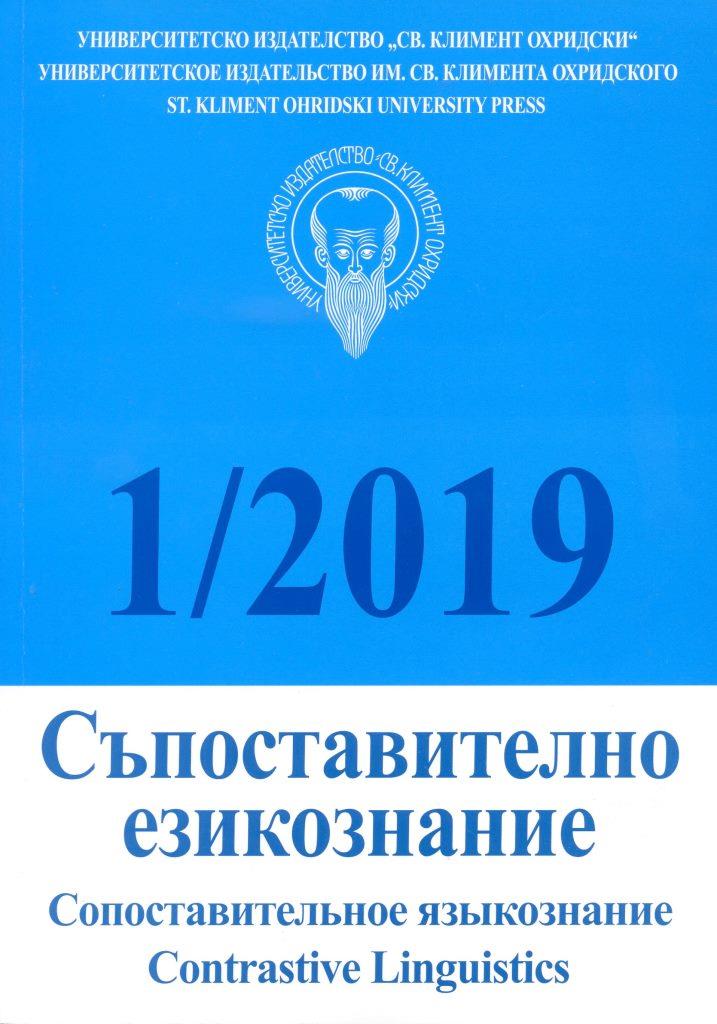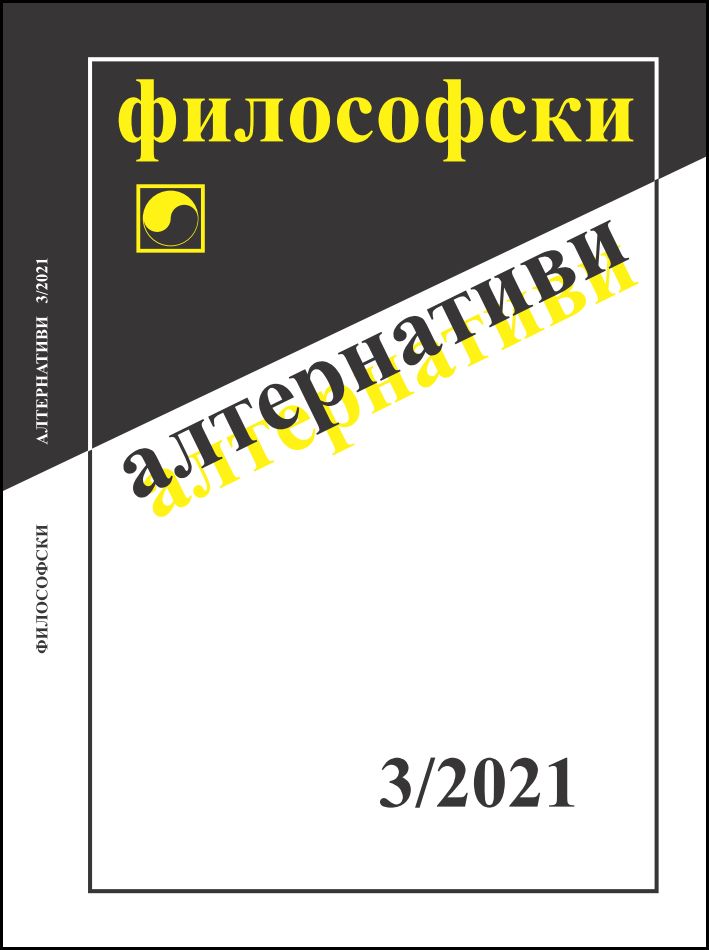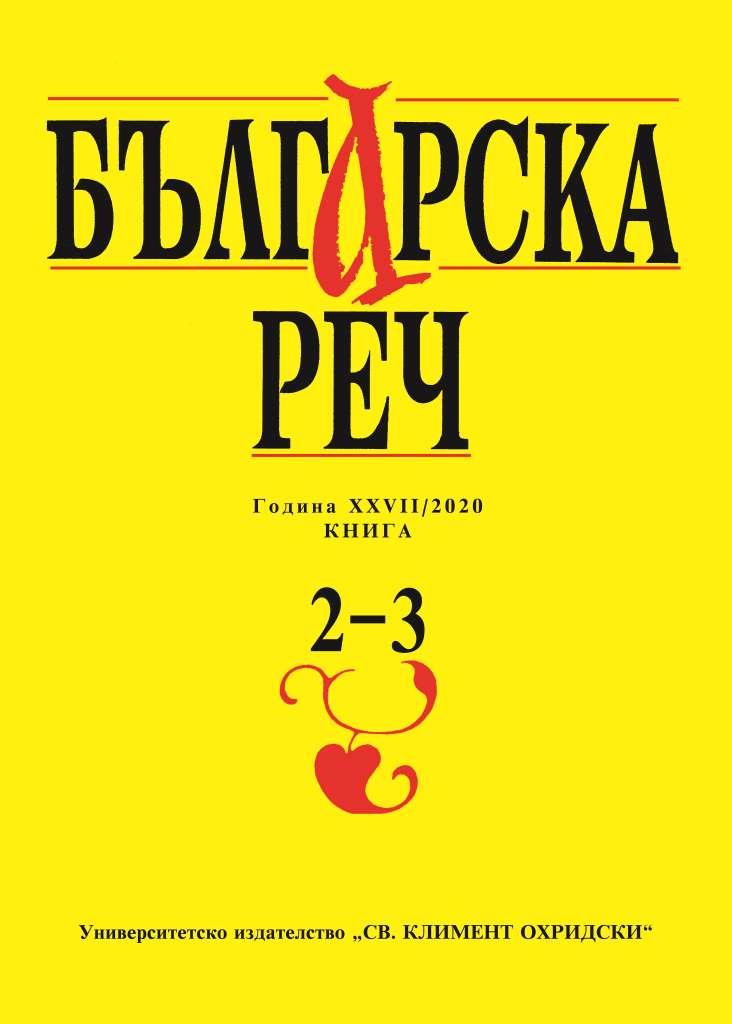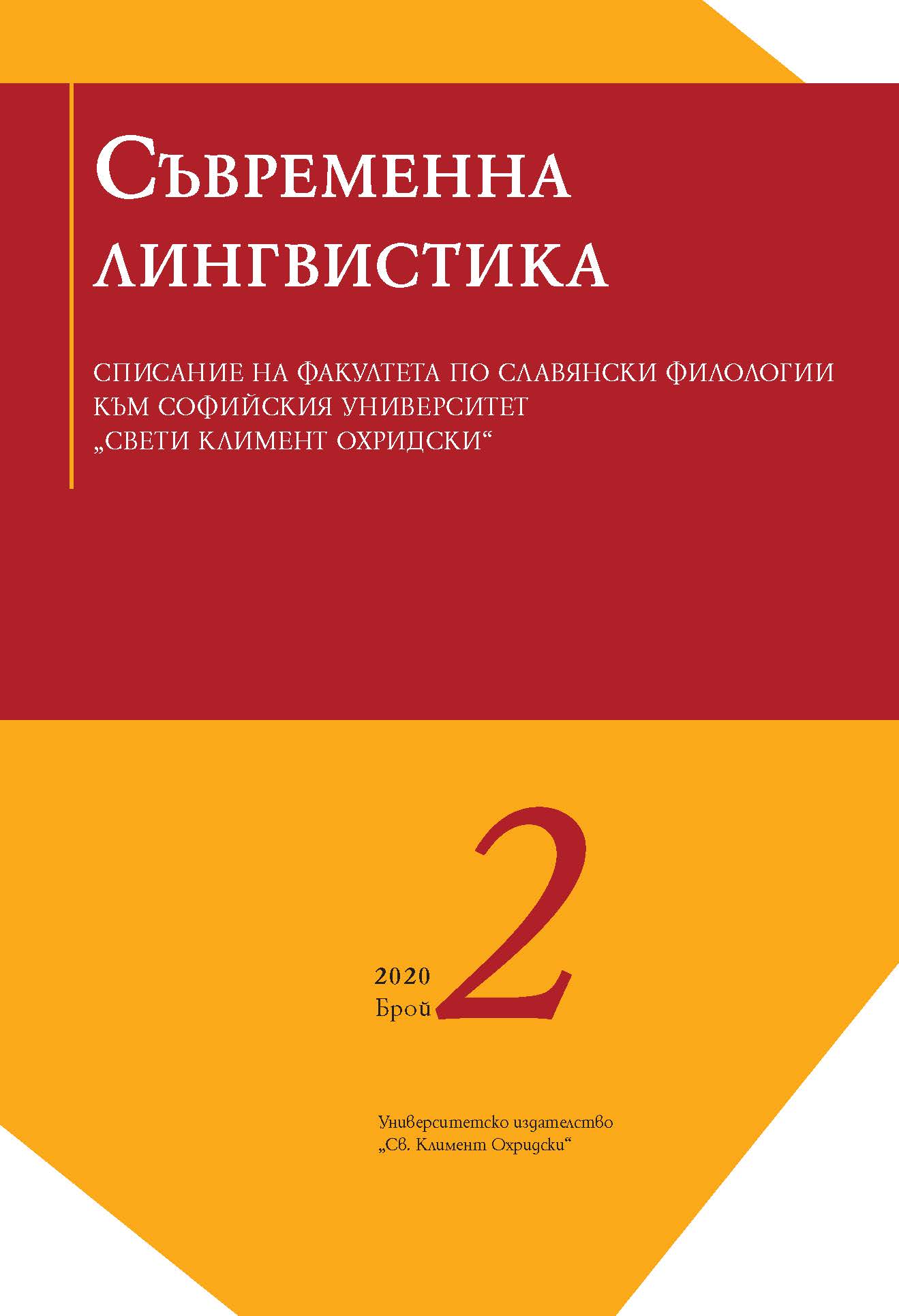Author(s): Žarko B. Veljković,Milutin Mićić / Language(s): Serbian
Issue: 1/2015
Kosovo has ultimately been a subject to an informatics war aimed at showing that most holy shrines of the Serbian nation make an integral part of Albanian culture and tradition. However, Serbian scientific community and educational system take an attitude, by certain routine and without any bad intention inaccurate and not fully scientifically precise – which greatly greets the Albanian falsifyingof *Kosovo history. A Serbian textbook named „Elementary school sixth grade history“, written by a Serbian academic Rade Mihaljčić and published by „Textbook bureau“ from Belgrade, in chapter „South Slavs and autochthonous people“ points out: „On the other hand, autochthonous people who lived together and whose settlements were groupped together in larger groups were not Slavicized. The Albanians were the ones who preserved a language, ethnical customs and other traits. A part of Slavs who settled here adopted the language and customs of Albanians and merged with them“, as well as: „In eastern Alps and in Balkans Slavs encountered autochthonous people, who started to haul in hardly accessible mountain regions or hided themselves in fortified coastal cities. Part of the autochthonous people merged up with the Slavs. People who preserved it’s ethnic customs and other ethnic traits were Albanians.“ However, this explanation doesn’t correspond to historical facts, for Albanians originated from non-Romanized Dacians which only after Slavs have migrated to the area of nowadays central Albania mingled with non-Romanized Illyrians. At the same time they absorbed the Roman and Slavic language vocabulary forming thus so called Albanian nation and Albanian language in VIII century. The name Albanian originates from the old Roman word for the antique town of Albanum. The Albanians afterwards expanded by albanizing previously settled Slavs and the Roman population, but also by extruding the Slavs and Serbians. Serbs make for a predominant population until XVIII century in Kosovo and Metochia and in XVIII, XIX and particularly XX century Albanians from northern Albania ever more numerously migrated to Kosovo and Metochia, ever more albanizing and extruding the Serbs. All above indicated facts are based on arguments originating from independent scientific literature. Therefore we suggest that the above mentioned statements from Serbian „Elementary school sixth grade history“ textbook, written by Serbian academic Rade Mihaljčić and published by „Textbook bureau“ from Belgrade, in chapter „South Slavs and autochthonous people“, undergo modification so as to be as follows (emendations are bolded): „On the other hand, autochthonous people who lived together and whose settlements were grouped together in larger groups were not Slavicized. People who preserved it’s ethnic customs and other ethnic traits are nomadic Dacians, Illyrians and the Roman population. Nomadic Dacians, having mingled with autochtonous Illyrians emerged the Albanians and their language in VIII century. Afterwards Albanians expanded by Albanizing the Roman population and previously settled Slavs, but also by extruding the Slavs and Serbians. Serbs make for a predominant population in Kosovo and Metochia until XVIII century, from which time Albanians from northern Albania ever more numerously settled down to Kosovo and Metochia, ever more albanizing and extruding the Serbs“. There should be as well written: „In eastern Alps and in Balkans Slavs encountered autochtonous people, the Roman population, who begun to haul in less accessible mountain regions or hide themselves in fortified coastal cities. Part of those autochthonous people merged with the Slavs. People who preserved it’s ethnic customs and other ethnical traits are nomadic Dacians, Illyrians and Roman population. Nomadic Dacians, being mingled with autochtonous Illyrians emerged the Albanians having their own language in VIII century. Albanians afterwards expanded by trying to albanize the Roman population and previously settled Slavs, but also by extruding the Slavs and Serbs. Serbs make for a predominant population in Kosovo and Metochia until XVIII century, from which time Albanians from northern Albania ever more numerously settled down to Kosovo and Metochia, ever more albanizing and extruding the Serbs.“
More...
